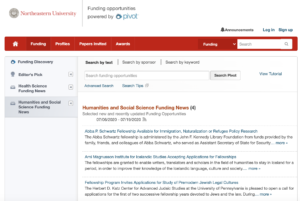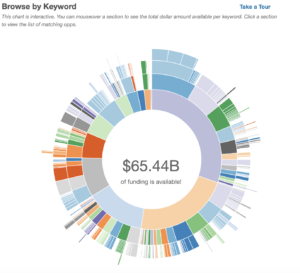Northeastern University Library strikes new agreements to support open access publishing
In partnership with the Office of the Provost, Northeastern University Library is taking steps to support open access publishing upon completion of agreements with two top publishers: Springer Nature and Wiley. The new agreements cover article processing charges (APCs) across each publisher’s portfolio of open access journals, eliminating the cost to Northeastern researchers who choose to publish open access or are mandated by funders to publish or otherwise disseminate research via open publications/platforms without barriers to access. These agreements build on Northeastern University Library’s existing subscriptions providing access to Springer Nature and Wiley content spanning ebooks, journals, and more.
Springer Nature
Northeastern University Library is among a leading group of research libraries to explore options and strike new, cost-effective transformative agreements. Along with MIT and Carnegie Mellon, the agreement covers APCs in all hybrid Springer Nature publications/imprints, including Springer, Adis, and Palgrave. Springer’s Guide for Authors offers detailed information.
Wiley
Authors affiliated with Northeastern may publish open access at no charge in Wiley or Hindawi fully open access journals or in a hybrid journal. Wiley offers detailed information for authors on the publication process.
The new agreements in place run through 2025 and follow recent progress with other publishers including Cambridge University Press. A complete list of open access agreements and related publishing options are found on the library’s Open Access Publishing page.
Register for upcoming webinars to learn more about the agreements and related publication workflows for authors/potential authors. Two webinars with Springer Nature and two webinars with Wiley are scheduled for late March at times to enable colleagues from across global network time zones to participate
For more information, contact Evan Simpson, Associate Dean for Experiential Learning and Academic Engagement at Northeastern University Library.


